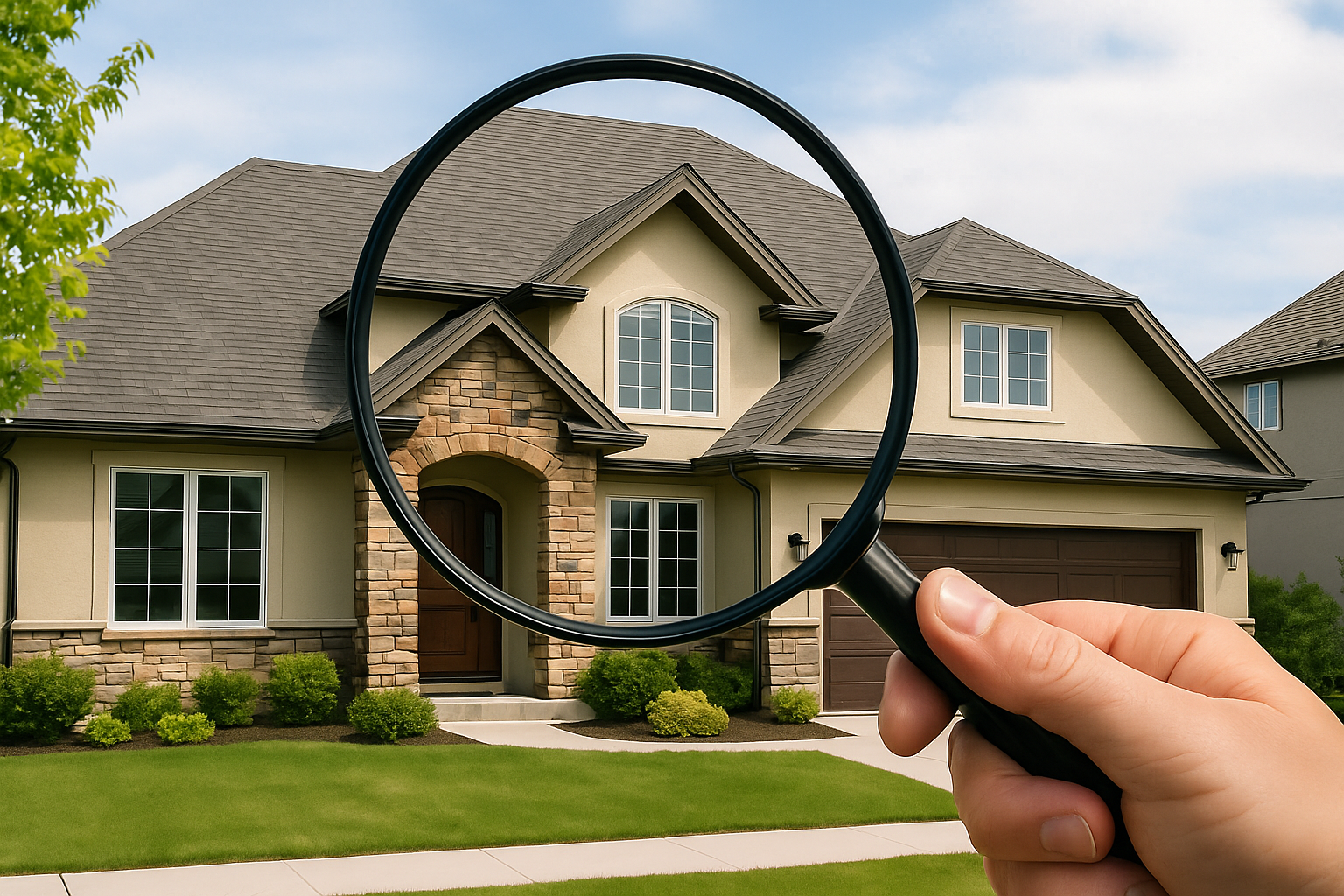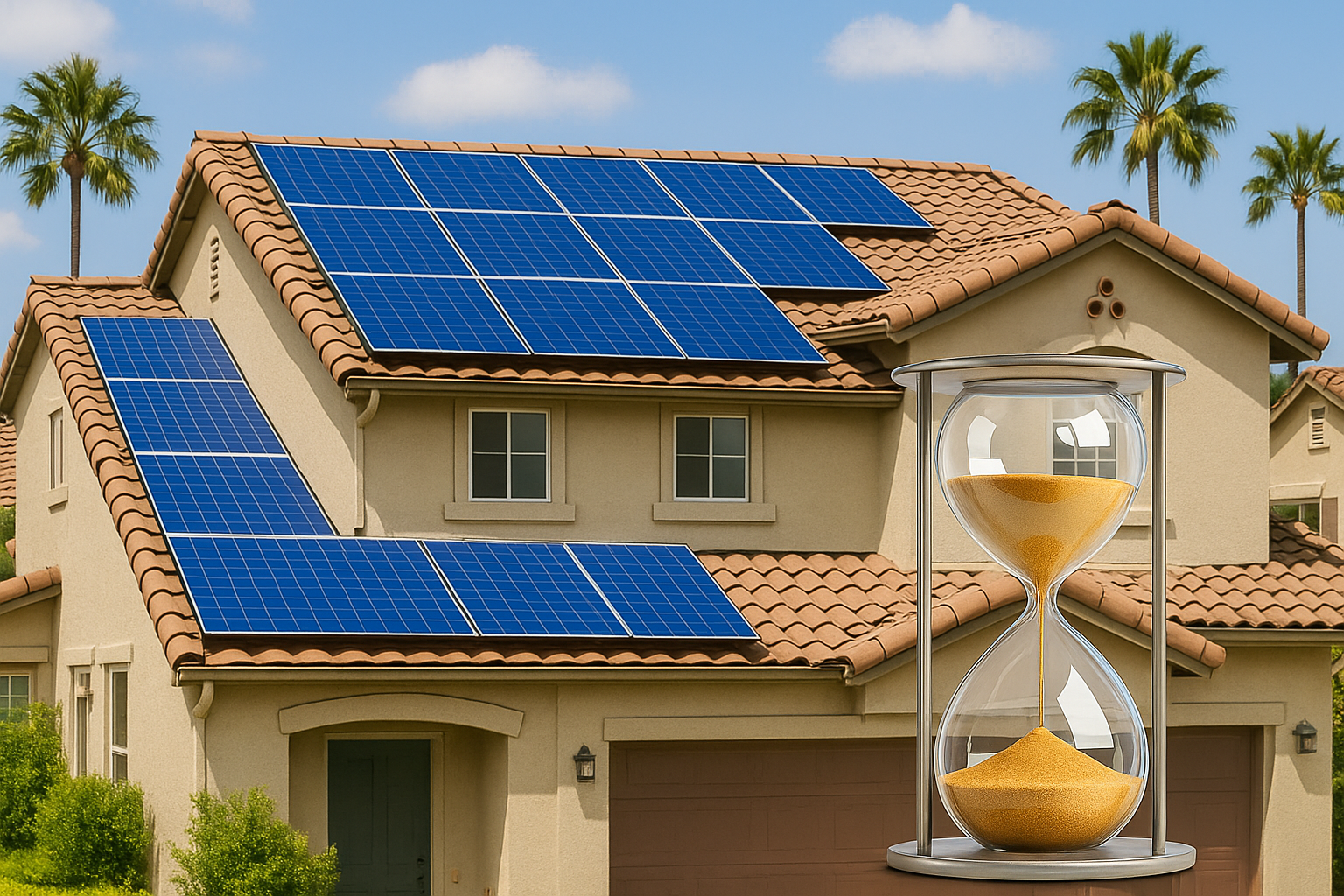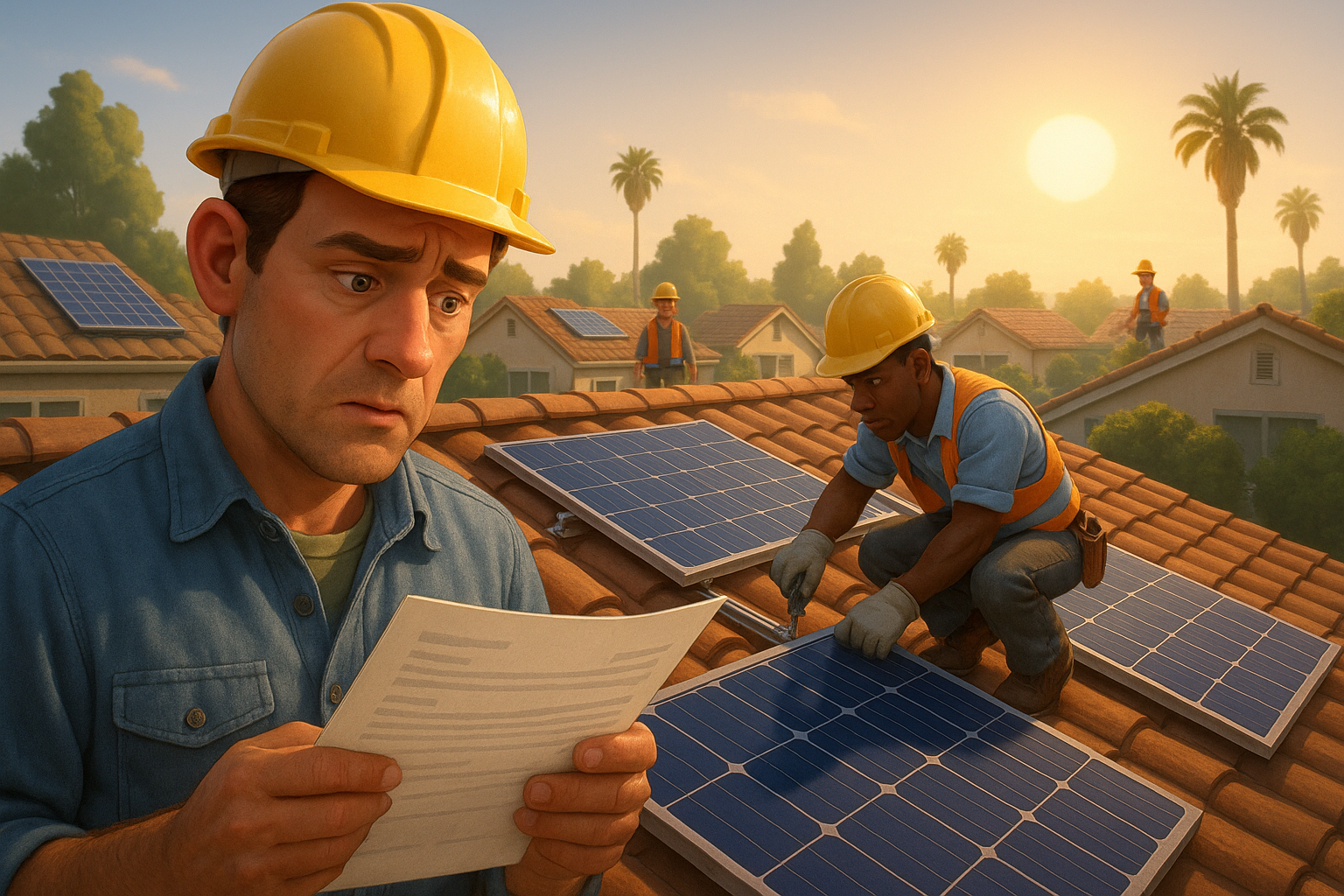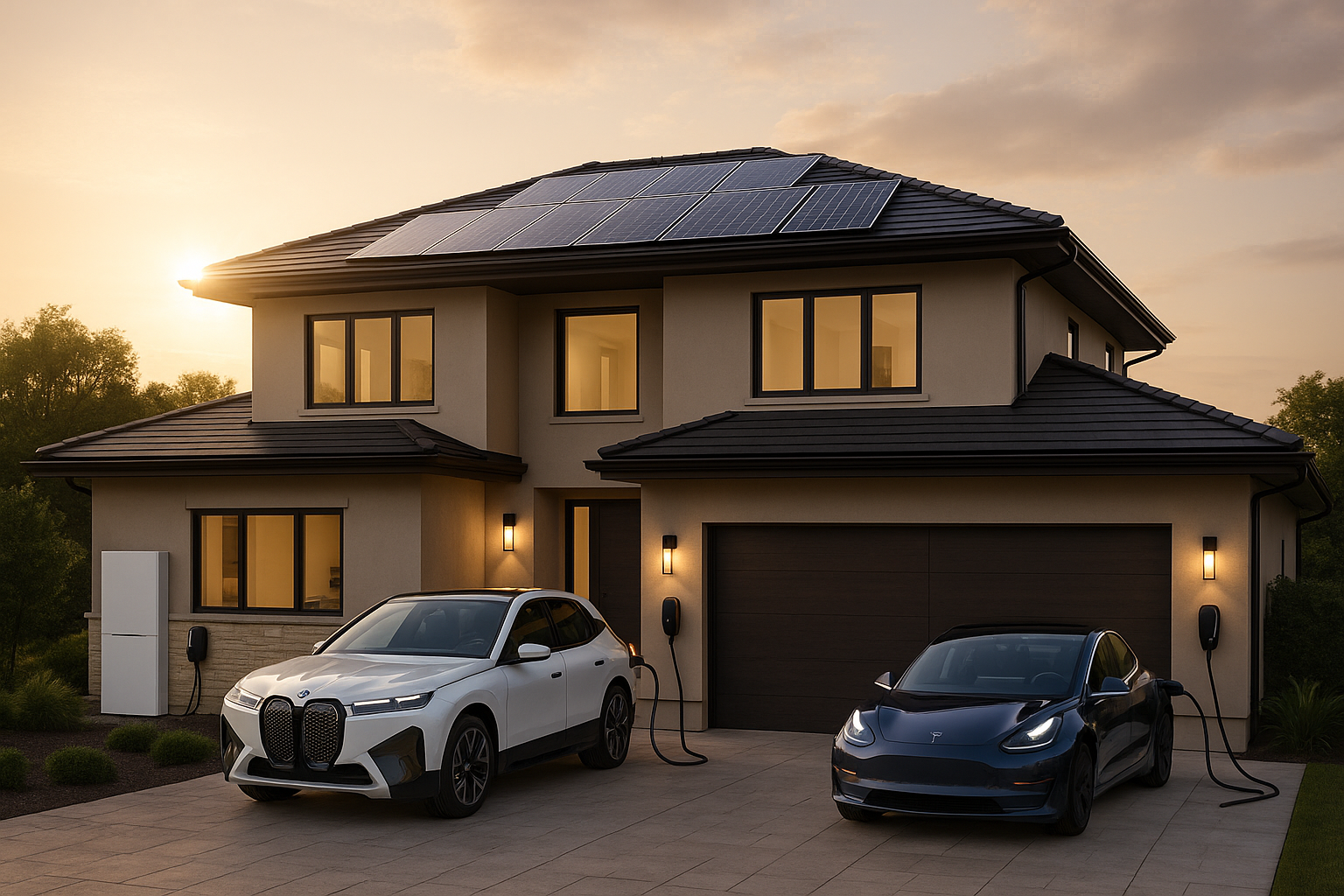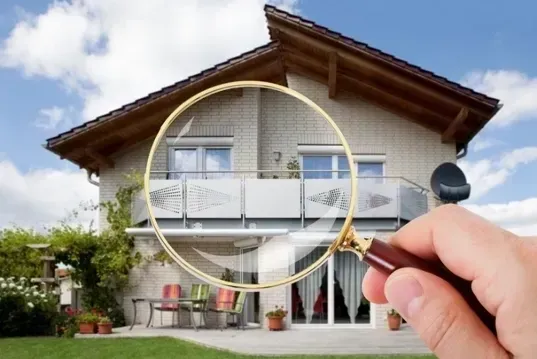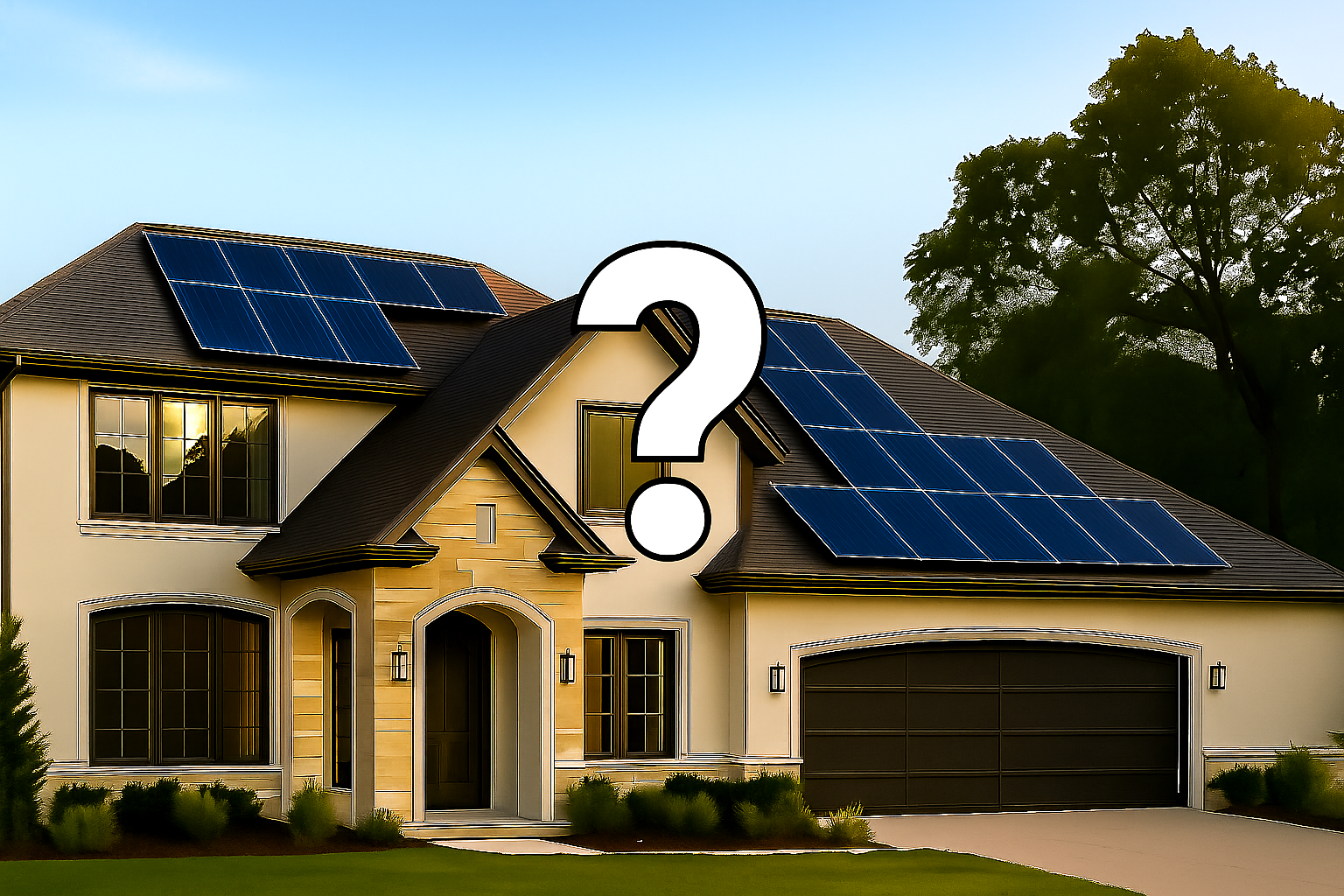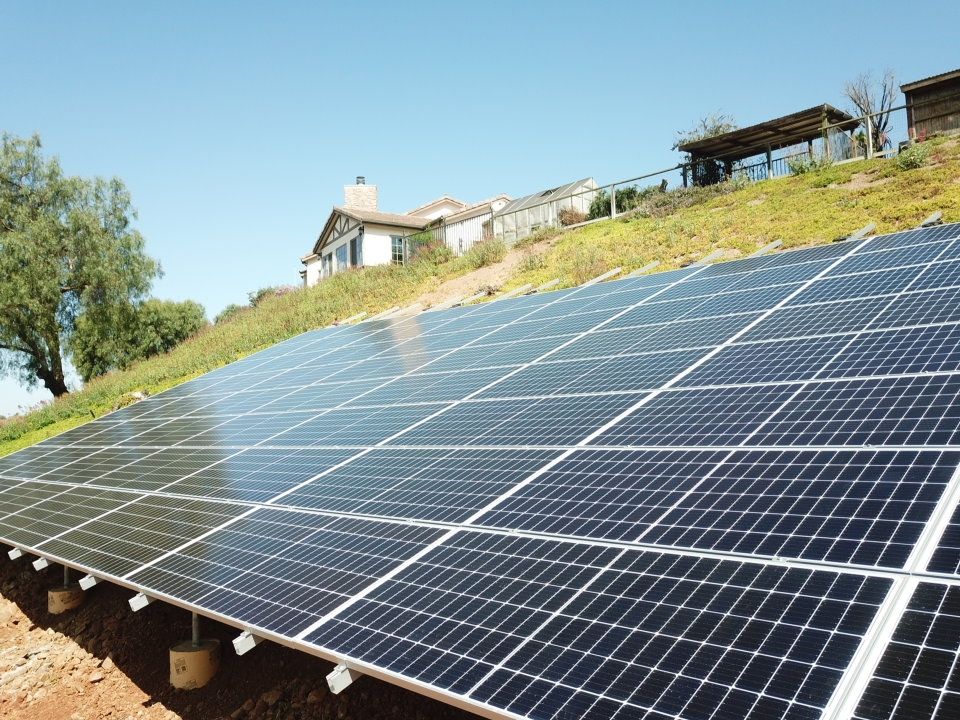Should You Replace Your AC System with a More Efficient Unit
How San Diego Homeowners Can Cut Energy Costs and Boost Comfort Through Smarter Cooling Choices
When the Southern California heat rolls in, your air conditioning system becomes your home’s best friend—and sometimes your energy bill’s worst enemy. If your AC system isn’t performing as efficiently as it should, it could be draining your wallet while under-delivering on comfort.
At Your Energy Pros, based in La Mesa and serving the greater San Diego area, we help homeowners make informed, cost-effective decisions about their energy systems, including whether or not to upgrade their air conditioner.
In this blog post, we’ll walk you through the signs of a struggling AC system, the benefits of replacing it, and how a Free Energy Audit can help determine if an upgrade makes financial and functional sense.
Why AC Efficiency Matters in Southern California
Cooling accounts for a significant portion of household energy use—especially in sun-soaked regions like San Diego. According to the U.S. Energy Information Administration (EIA), air conditioning represents about 12% of residential energy use nationally, but in hotter climates, this number is considerably higher.
For homes in Southern California, where utility rates are among the highest in the country, an inefficient AC system can lead to:
- Skyrocketing energy bills during peak summer months
- Overworked systems that struggle to maintain desired temperatures
- Shorter equipment lifespan due to strain and frequent cycling
- Discomfort in hot rooms, poor air circulation, and inconsistent cooling
When energy inefficiency combines with rising SDG&E rates, homeowners often end up paying more than they should for less-than-ideal performance.
7 Signs Your AC System May Need Replacing
Not sure if your current unit is worth keeping? Here are some telltale indicators that your AC may be due for an upgrade:
- Your system is over 10–15 years old
- Frequent repair needs or refrigerant leaks
- Inconsistent temperatures throughout the home
- Unusually high electricity bills compared to similar homes
- Loud operation or unusual noises
- Your system uses R-22 refrigerant (phased out due to environmental concerns)
- Home feels humid, even when running the AC
If one or more of these signs apply to your system, it’s time to dig deeper.
How Energy Efficiency Is Measured
When comparing AC systems, the key rating to understand is SEER—the Seasonal Energy Efficiency Ratio. This metric represents how efficiently a system converts electricity into cooling power over the course of a season.
- Older units (pre-2006): SEER 8–10
- Units from the past 10–15 years: SEER 13–16
- Modern high-efficiency systems: SEER 18–26
The higher the SEER, the greater your potential savings. For example, upgrading from a SEER 10 to SEER 20 system can cut cooling costs by up to 50%.
Is an AC Replacement Worth It Financially?
Upgrading your AC system can offer a strong return on investment (ROI), especially when your home is properly evaluated and optimized. Here’s how:
Lower Utility Bills
Efficient systems use less energy to achieve the same cooling effect—saving you money month after month.
Increased Home Comfort
Newer systems offer improved airflow, more accurate thermostats, quieter operation, and better humidity control.
Compatibility with Smart Thermostats
Modern AC systems work seamlessly with smart thermostats, which help optimize energy usage around your lifestyle and peak rate periods.
Enhanced Property Value
Homebuyers in San Diego are increasingly energy-conscious. An efficient HVAC system adds appeal and justifies a higher selling price.
Available Rebates & Incentives
You may qualify for:
- Federal tax credits for high-efficiency HVAC systems
- Local utility rebates through SDG&E’s energy efficiency programs
- Bundled savings when combined with a solar installation and battery backup
Why an Energy Audit Is the Smart First Step
Before jumping into an HVAC replacement, you should get a Free Energy Audit / Assessment from Your Energy Pros. Our audit is a holistic review of your home’s energy behavior and includes:
A thorough walkthrough of your home or business to identify energy-saving opportunities tailored to your specific property. This includes evaluating the efficiency of your mechanical/electrical systems and appliances, analyzing sun exposure and any potential sources of shade, inspecting the orientation and structure of your roof, reviewing attic and wall insulation, and assessing your current electrical infrastructure.
Once the walkthrough is complete, we’ll sit down with you to discuss our preliminary findings and share the results of your free energy audit / assessment.
If you choose to move forward with the next step, developing a detailed energy system design for your property, you will be directed to review the Energy System Design Program and submit a small fee. (This fee will be used to purchase the first year of an annual subscription in our Energy System Services Program, when you proceed with us.)
At that point, we’ll then collect additional details, including recent utility bills, Green Button data, and photos of your electrical load center, any subpanels, HVAC units, and pool pump nameplates. We’ll ensure that any expected changes in household or business energy use—such as new appliances, electric vehicles, or occupancy shifts—are accurately recorded. The precision of this information is essential to designing a system that truly meets your future energy needs.
We don’t just recommend equipment—we engineer energy strategies.
Our goal is to ensure that you’re not overspending on oversized systems, or under-sizing for future growth (such as EV charging or home additions).
Should I Replace My AC Before Going Solar?
Absolutely—timing matters. If your HVAC system is inefficient, replacing it first can reduce the size (and cost) of the solar system needed to offset your energy use. This is called “load reduction.”
When you improve efficiency before sizing your solar system, you:
- Reduce your upfront solar investment
- Maximize the percentage of energy offset
- Future-proof your system for additional upgrades
This is why Your Energy Pros integrates HVAC recommendations into our solar planning. We're not just installing panels—we're building smarter energy homes.
What Makes a New AC System “Efficient” Today?
When evaluating new air conditioning options, here are key features to look for:
- High SEER rating (ideally 18+ for San Diego climates)
- Variable-speed compressors that adjust output based on demand
- Energy Star Certification
- Smart thermostat compatibility
- Zoning capabilities to cool rooms independently
- Quiet operation and advanced filtration
At Your Energy Pros, we can help you evaluate these options based on your home layout, budget, and long-term goals.
Your Next Steps: Upgrade Smart With Your Energy Pros
Choosing to replace your AC system isn’t just about buying a box of cold air—it’s about making a strategic investment in comfort, savings, and sustainability.
With over 60 years of engineering expertise, our team will help you:
- Evaluate your current AC system’s real performance
- Determine your total cooling and energy needs
- Maximize rebates, tax incentives, and solar synergies
- Implement a complete, energy-smart upgrade strategy
Ready to Find Out If You Should Upgrade?
Book your Free Energy Audit with Your Energy Pros today. Let us help you make the smart, efficient choice for your San Diego home.
Your Energy Pros is proudly based in La Mesa, serving San Diego County with integrity, transparency, and engineering-first guidance for every step of your energy makeover journey.
🕒 The Clock Is Ticking on the 30% Solar Tax Credit
Don’t let this opportunity slip away. With the Federal Solar Tax Credit potentially ending soon, now is the smartest time to act.
👉 Book Your Free Energy Audit Now
✅ No pressure. No sales tactics. Just expert advice.
📍 Serving San Diego homeowners with integrity from our office in La Mesa.
📞 Or Talk Live with an Energy Advisor to get your questions answered today.
Let’s make solar simple—and make sure you don’t leave money on the table.


